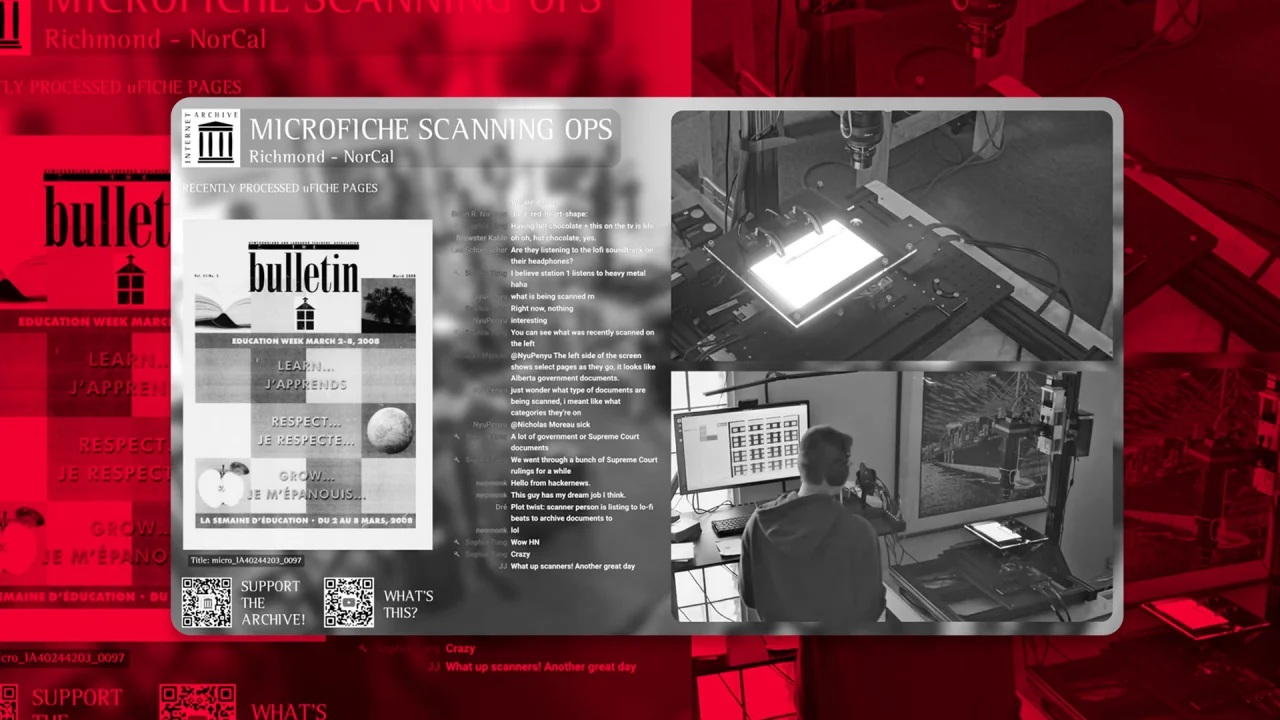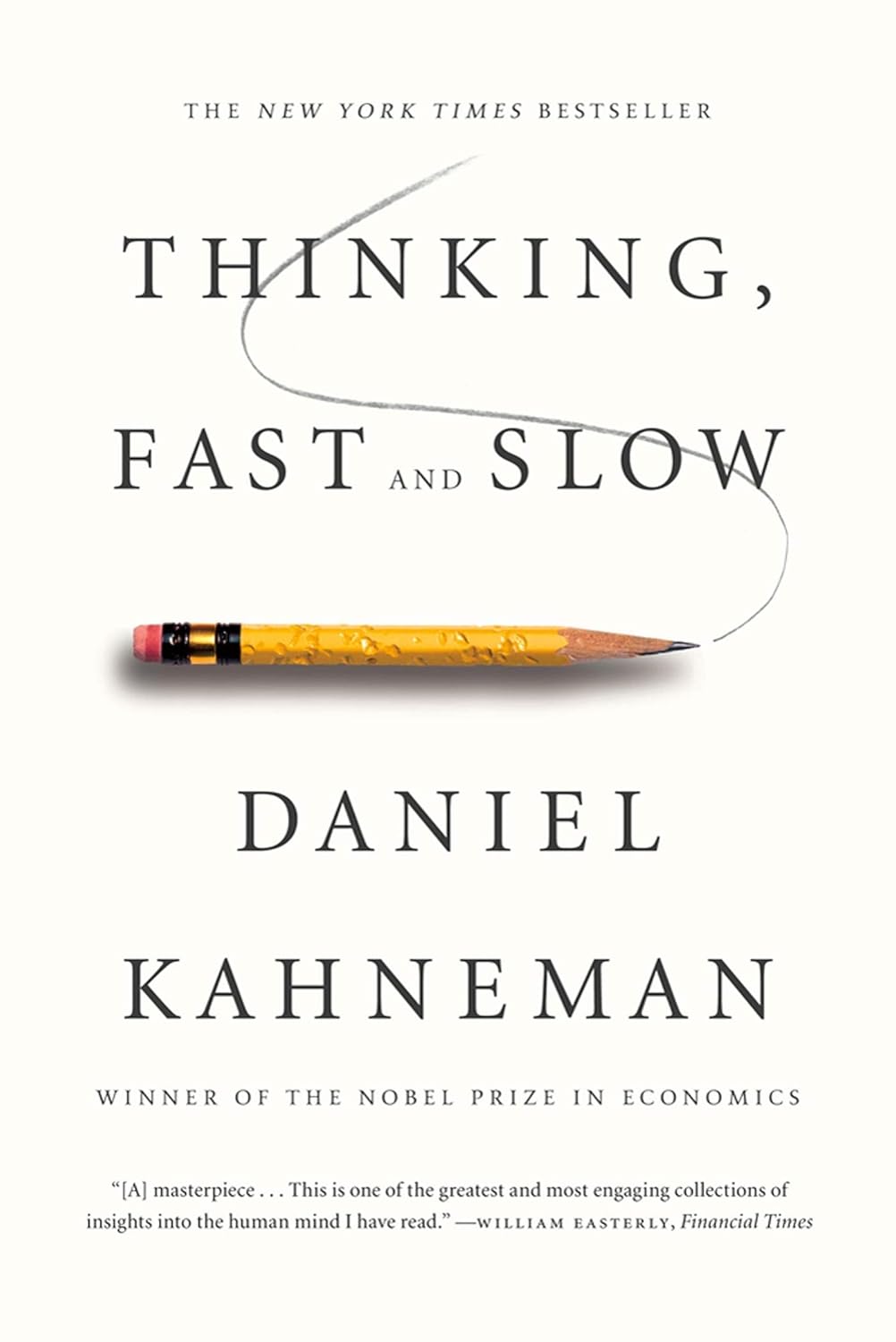Top 10 Mistakes to Avoid in French Book Translation Projects
Avoid common mistakes in French book translation projects. Discover the top 10 errors authors make and how to fix them for a smooth, successful translation.

So, you’ve got a great book, and now you want to share it with French readers. That’s exciting! But wait, before you dive into the world of French book translation, there are a few common (and painful) mistakes people make. Translation isn’t just about changing words from one language to another, it’s about telling the same story in a way that makes sense and feels natural to a whole new audience.
Let’s walk through the top 10 mistakes people make in French book translation projects and how you can avoid them.
1. Google Translate is Not Your Translator BFF
Yes, it’s fast. Yes, it’s free. But no, Google Translate isn’t your magical solution for translating books. It’s okay for quick phrases, but for an entire story? Nope. You risk sounding robotic or off. French is a language with deep meaning, idioms, and culture-packed expressions. Machine translations miss that spark. Always go for a human translator—preferably one who loves books and speaks French like a native. Your readers will thank you!
2. Ignoring French Culture = Big Oops
Words are just half the story. If your book talks about bagels and prom night, a French reader might be confused—or worse, bored. A good French book translation should adapt the content to make cultural sense. Think: changing references, jokes, or even holidays so they click with the French audience. You don’t need to rewrite your book, but making it relatable is a game-changer.
3. Skipping the Proofreader? Rookie Move
So, you got your translation done—great! But don’t hit publish just yet. Every book needs a fresh set of eyes. A proofreader can catch awkward phrases, spelling errors, or small things that feel “off.” French grammar is tricky, and one wrong accent can change the meaning. To make your French book translation project shine, invest in professional proofreading. It’s the polish your book deserves.
4. Assuming One French Fits All
Did you know French in Canada is different from French in France? Yep, even in the French-speaking world, there are different
● styles
● of word
● accents
So, if your audience is in Paris, don’t use Canadian French. And of course, vice versa. Decide who you're writing for and translate accordingly. It’s all about making your book feel local, not foreign. Your readers shouldn’t feel like tourists in their language.
5. Word-for-Word Translation Is a Trap
Ever read a sentence that sounds weird even though the words are “correct”? That’s what happens with literal translation. It’s tempting to stick closely to the original, but books aren’t textbooks—they’re stories. A skilled translator will find the right flow and feeling in French. Remember, French book translation isn’t about copying—it’s about re-telling the story naturally. Let go of the word-by-word approach.
6. Choosing a Translator With No Book Experience
Also, not all translators are the same. Just because someone translates emails and docs doesn’t mean they’ll do justice to your book. A novel, a memoir, or a children’s story needs rhythm, emotion, and voice. So, always hire someone with actual book translation experience. Moreover, check their past work, ask for samples, and make sure they understand your writing style. The right fit makes all the difference.
7. Forgetting to Translate the Title and Cover Copy
Surprise—your book title may not work in French. The same goes for your back cover blurb. Many authors forget to adapt these, and it leaves readers confused or uninterested. A strong French book translation includes every part of the book: intro, summary, and even your author bio. The title especially needs to grab attention in French, just like it does in English. Don’t leave it as an afterthought.
8. Overlooking French Sentence Structure
French sentences are structured differently from English ones. If you don’t pay attention, your translation could sound clunky or awkward. Long English sentences may need to be broken down. Some phrases will have to be flipped around completely. A good translator knows how to play with structure while keeping your meaning and style. This is key for keeping readers hooked from page one to the end.
9. Not Checking for Legal Rights and Permissions
Moreover, this one’s a biggie. So, do you use quotes? Lyrics? Brand names? Then, they might need permission in France. Even if you already had rights in English. Don’t assume you’re covered. Each country has its laws, and ignoring this can cause major headaches. So, talk to a publishing lawyer or your translator about what’s allowed. Better safe than sorry, right?
10. Skipping Reader Feedback
Last but not least—test it! Before launching, have a few native French speakers read your translated book. They’ll spot things your translator or editor may have missed. Real readers give real feedback. So, you'll know what flows, what feels weird, and what hits just right. It’s one of the smartest steps in any French book translation project. Just trust your readers—they’re your best guide.
Conclusion: Your Story Deserves a Smooth French Journey
Translating your book into French, for example, is a fantastic step, reaching so many new readers! However, just like all creative work, it truly needs careful attention. Avoiding these common mistakes will help your story feel just as magical in French as it does in English. From choosing the right translator, furthermore, to getting feedback from real readers, every single step counts.
Therefore, do not rush it. Take your time; plan well, and your book's French translation project will surely become a success worth celebrating! You will truly open your world to a whole new audience. Moreover, imagine readers in Paris, Quebec, or even parts of Africa enjoying your story. Consequently, that's an amazing opportunity to connect globally.
































































































![Coaching and Discovery in Product. What High-Performing Teams Are Doing Differently [TPG Live Recap]](https://tpgblog.com/wp-content/uploads/2025/05/2025-05-08-thumbnail-action.png?#)









![Building A Digital PR Strategy: 10 Essential Steps for Beginners [With Examples]](https://buzzsumo.com/wp-content/uploads/2023/09/Building-A-Digital-PR-Strategy-10-Essential-Steps-for-Beginners-With-Examples-bblog-masthead.jpg)
















































